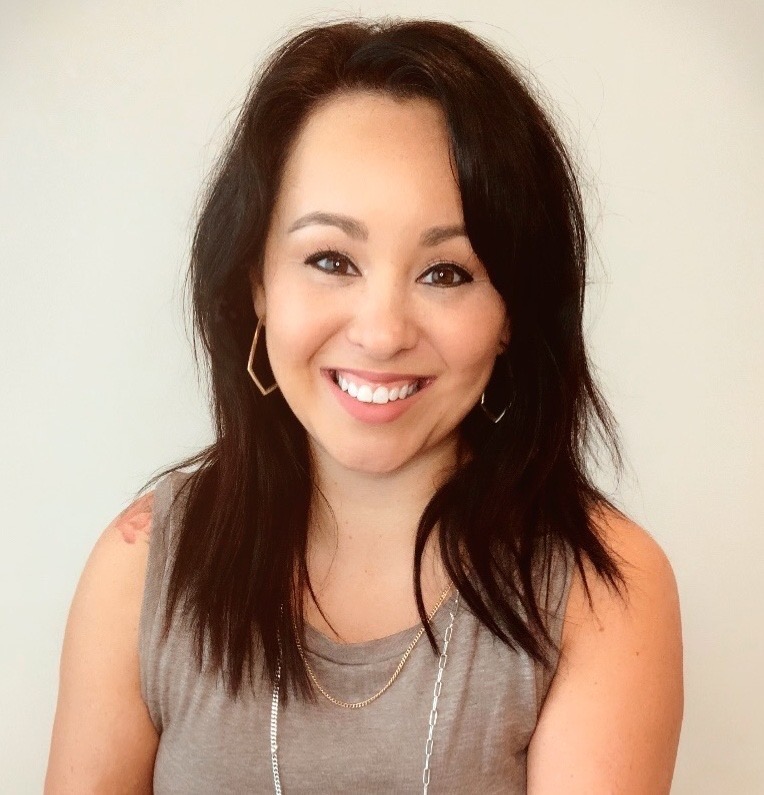No Deadline for Growth
- Arielle Karoub
- Nov 25, 2022
- 3 min read
Updated: Dec 28, 2022
When we search for terms like personal growth, self-development, and self-help — there are variety of step-by-step instructions on how one might be able to stimulate self-growth. For example, daily reading, learn a new language, journal, take a new course, overcome fears, weekly exercise routines, identify opportunities, cultivate a new habit, and the list goes on. There seems to be lacking content on the process and time it takes to develop oneself.
I like to think of growth as a continuous spectrum of learning, experiencing, and developing oneself. Society puts pressure on any age to claim your status in the world by labeling yourself with titles, degrees, marital status, and including family and social expectations. Eighteen-year-olds are lined up after high school to declare their life’s journey, which is typically college. There is a demand to select a major in college right away, before gaining an experience in that particular field of study. Pressure of having a plan in place of ways to earn that dream job you think you want by networking, volunteering, and aligning yourself with people in that particular industry. Always a strategic plan for every step and every decision without embracing the possible feeling of the unknown.

It’s not your fault for wanting straight A’s in school, getting into your first choice of college, and achieving success very very early in life. We all want that; it’s the American Dream so I’ve heard. A conspiracy that before thirty years of age (and younger), you are able to rig the economy and its financial and social rewards. Forbes celebrates early bloomers as young super achievers in “30 Under 30” issues, featuring the brightest and greatest stars.
There is nothing wrong with early success, let me be clear. The point of only celebrating early achievers, we do this at the cost of shaming so-called late bloomers.
If you don’t believe me, read on.
There are elite preschools where parents will spend a fortune trying to get their three- and four-year-old into a more rigorous academic curriculum type of school. Other parents will fear these affluent parents for making the so-called sacrifices to prepare their kids for a bright future of attending prestigious colleges one day.
The pressure doesn’t stop at admission. Let’s make sure that our children are spending their summer productively as well. Parents will try and push their children to attend specific clubs, summer camps, and training schools to further the pressure of being the best at an early age. Let’s pause and think about the pressure that is now placed not only on children but parents too!
Google discovered that by only hiring graduate students from an elite college with high SAT scores lopsided their workforce. They had too much analytical IQ and not enough artistic sensibility and common sense. Google had to learn the hard way that high SAT scores does not equal an employee’s career success at the company.
The #1 NYT Bestselling Author is Janet Evanovich, who started her passion for writing not until her thirties. Throughout her thirties and forties, she was rejected by multiple publications and was ridiculed for her attempts for trying at her age. She nearly almost gave up on her dreams until someone took a chance on her. We wouldn’t have the amazing contemporary romance novels and thrillers without her late bloomer success.
The pressure to achieve early success led multiple students to suicide during their school year at Gunn High School, miles away from the elite Stanford University in 2014–15. A total of forty-two Gunn students were hospitalized for suicidal thoughts for striving for early achievement. Where are those headlines? These numbers are grim. The rising rates of mental illness are extremely alarming.
Neuroscience makes it clear that we should go easier on ourselves. It takes age to fully mature into conscious and rational thoughts. Also, teenagers and young adults mature at different rates. Much of academia have ignored human development.
Psychologists use another term for neurological maturity: executive functioning. Executive functioning has nothing to do with IQ. It’s simply the ability to see ahead and plan effectively, to connect actions to possible consequences, to see the probabilities of risk and reward. This includes developing a sense of self; to regulate emotions and setting goals. According to Maslow’s hierarchy of needs, developing a sense of self is at the top of achievement, to be at self-actualization.
The traditional cycle of life has evolved over the years. It is time that we embrace the time it takes for self-discovery. Exploration is part of life and there is no deadline. A kinder human development clock would allow people to embrace their journey more and be open to other paths to self-discovery.
How are you going to paint a different picture of how you grow over your lifespan?




Comments